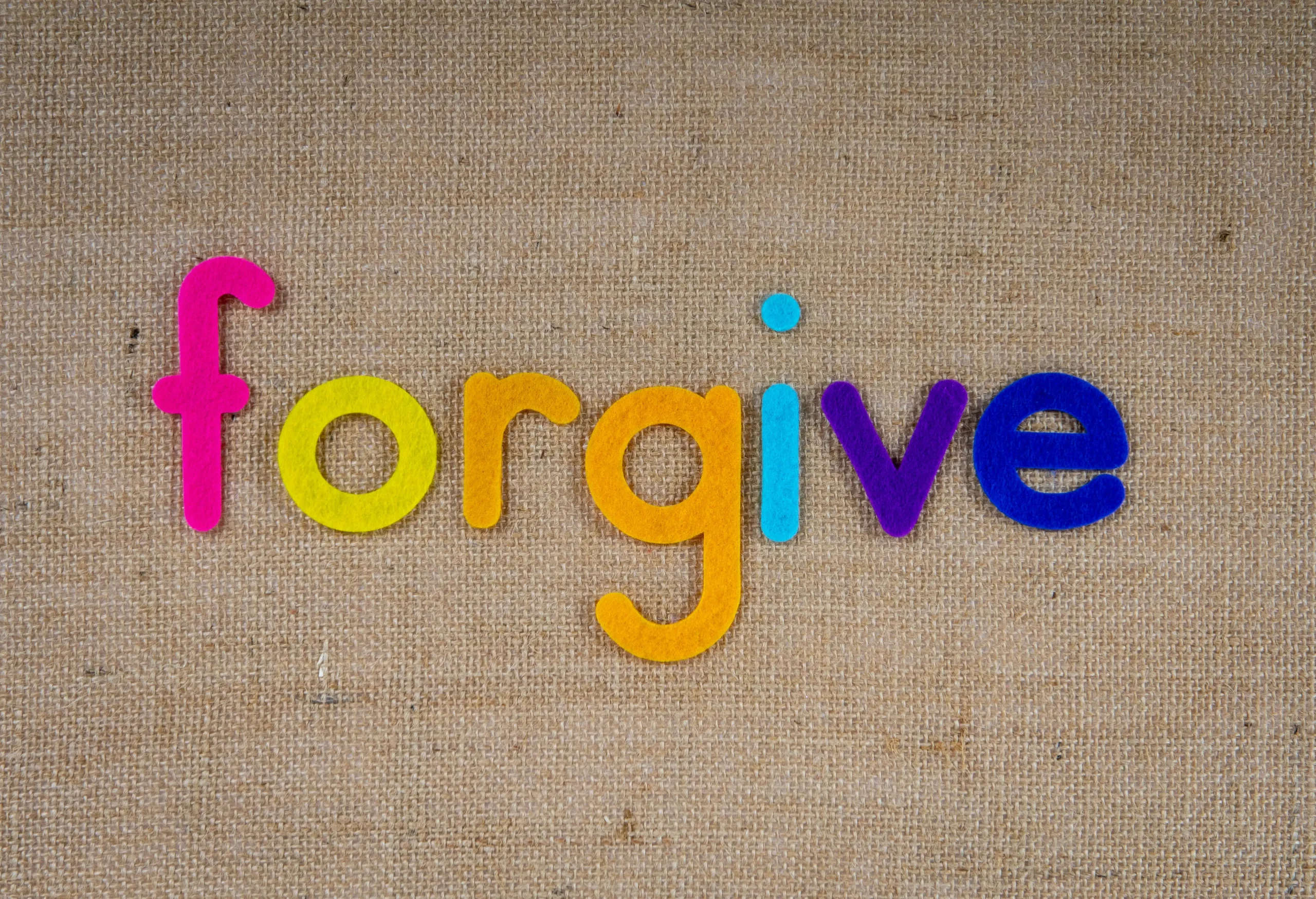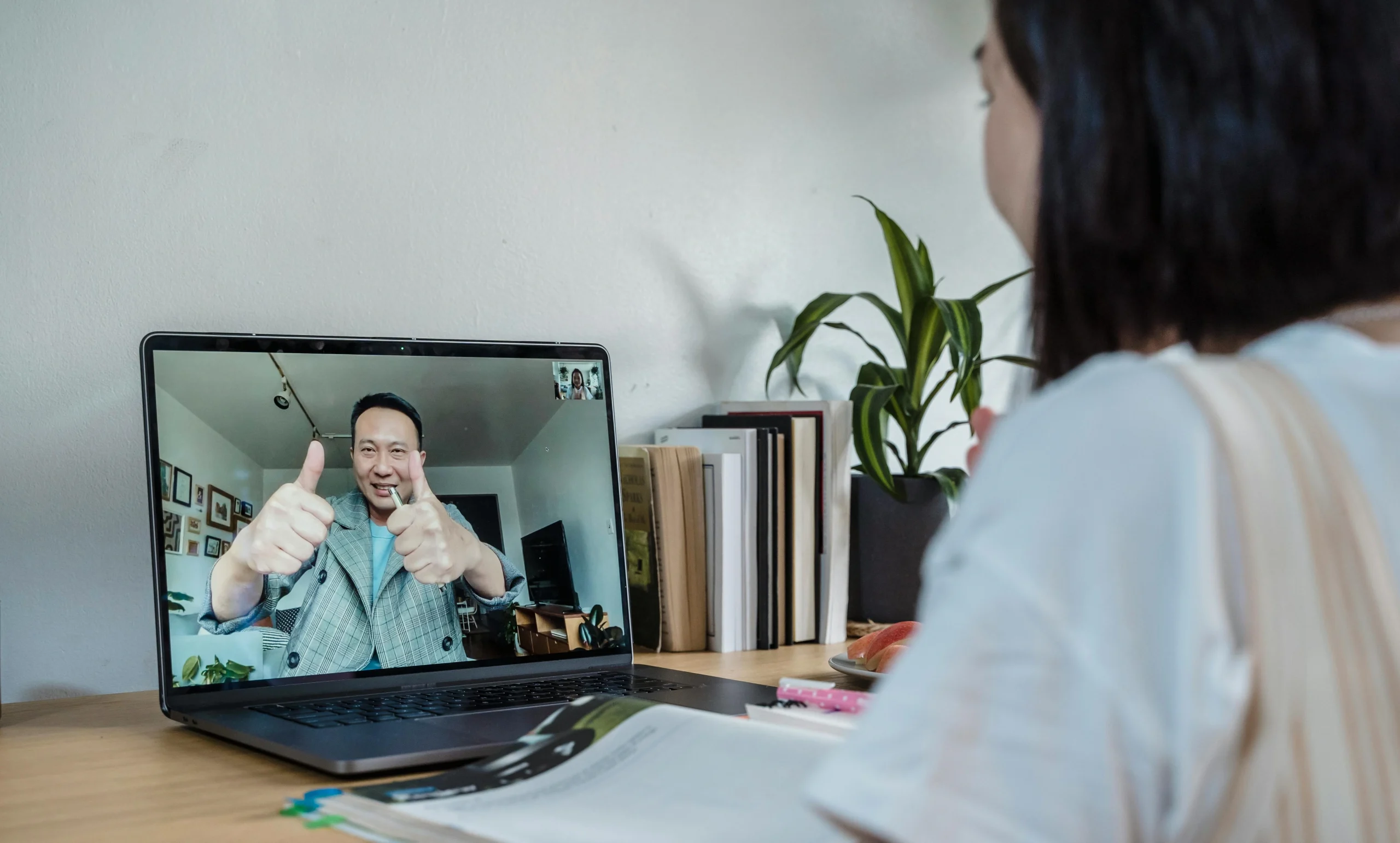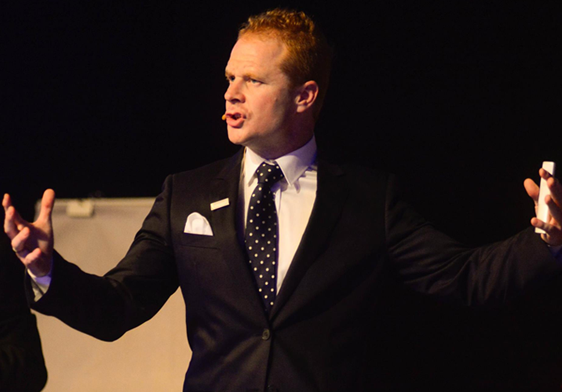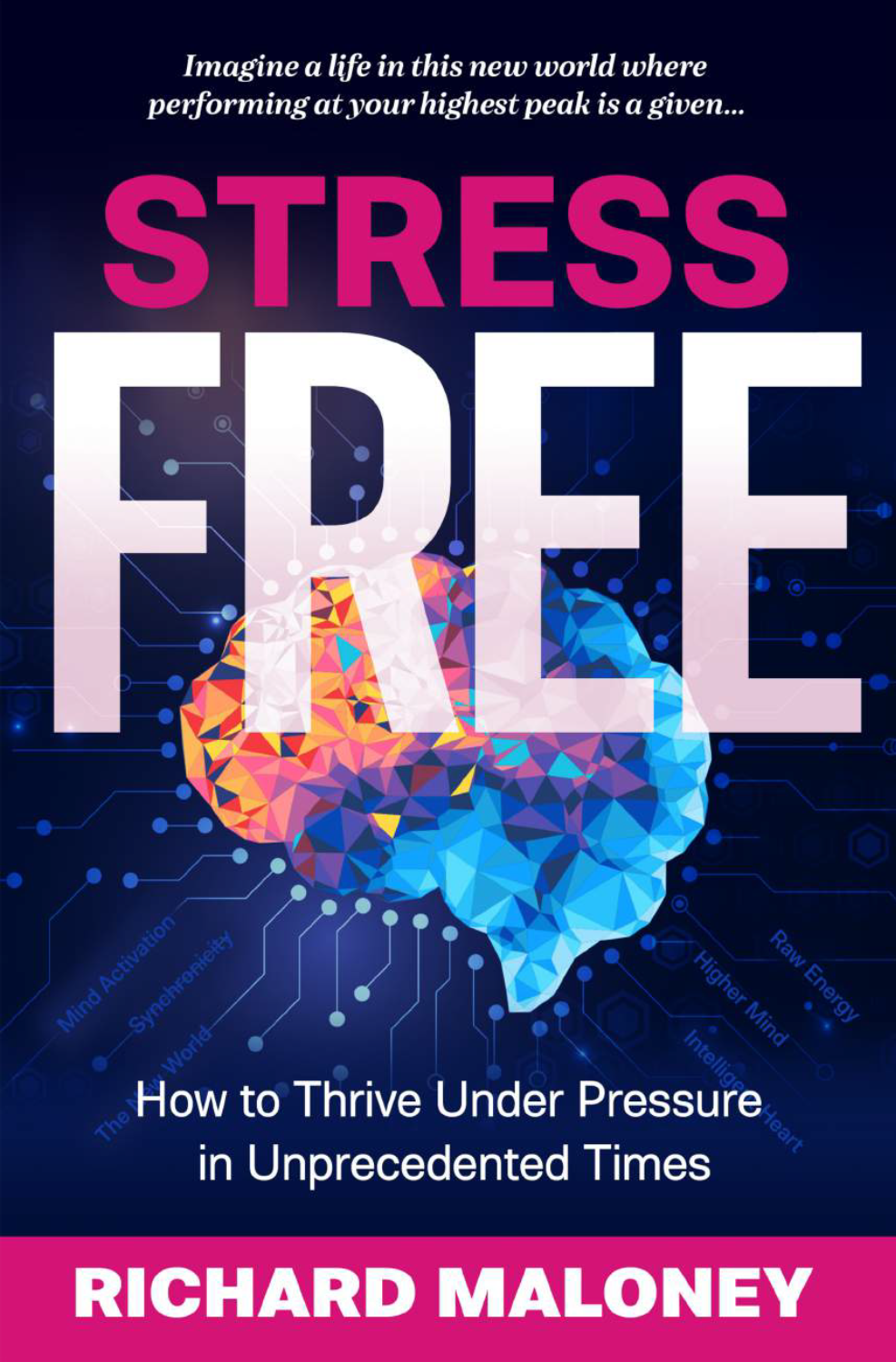At a glance
- Forgiveness clears emotional and mental clutter, helping you free up energy for real personal growth.
- Avoiding self-forgiveness fuels guilt and self-criticism, making it harder to move forward in life.
- Letting go of resentment toward others removes emotional barriers and strengthens your relationships.
- If you’re still feeling stuck, start with small reflection exercises and tools like the Life Scorecard to uncover hidden blocks.
When we think about personal growth, forgiveness might not be among the first things that come to mind. However, if you have been on a journey of self-improvement but have encountered feelings of being stuck, resentful, or even weighed down, there’s a good chance you’re missing out on forgiveness.
When you intentionally or unintentionally fail to forgive others or yourself, it can act as an invisible barrier that holds you back from becoming your best self.
If you want to become the best version of yourself, consider forgiving yourself and others. However, it is easier said than done. So, as a leading life coach, we will guide you through the process of forgiveness and help you understand why forgiveness might be holding you back from being your best self.
Understanding Forgiveness From A Wider Angle
When we hear the word ‘forgiveness,’ we often associate it with making peace with others. However, it can be a limiting view of a much broader concept. Forgiveness also includes confronting the internal dialogue that keeps you chained to past regrets or unresolved conflicts.
Likewise, forgiveness isn’t just a feel-good concept. It is a practical tool for improving emotional and mental well-being. Holding onto guilt, resentment, or unresolved conflict creates mental clutter. It consumes energy that could otherwise be spent on clarity, action, and creativity.
Withholding forgiveness can quietly build resentment, stress, and mental fatigue. That said, forgiving others can be easy, but letting go of one’s internal conflicts can sometimes be very difficult. It might be a mistake you made last week or something that happened years ago that still lingers in the back of your head; self-forgiveness is the key to letting go.
In fact, Richard Maloney’s “Stress-Free: How to Thrive Under Pressure in Unprecedented Times” highlights that “forgiveness will quite literally set you free.” That means the path to your best self might not begin with ambition or goal setting but with reflection and self-forgiveness. The book offers powerful tools and reflection exercises, including a deeper focus on forgiveness, to help you create real, lasting change.
Read More: What Is Mental Cleansing & Why Is It Essential for a Balanced Life?
How Avoiding Self-Forgiveness is Holding You Back
We’re often much harder on ourselves than we are on others. Forgiving yourself is usually hard because it requires you to look at your flaws with honesty and compassion. Many people avoid it because they believe forgiving themselves means excusing their behaviour. But it’s not about denial; it’s about acceptance.
If you hold resentment and vengeance, you are prone to experience emotional distress, uncertainty in relationships, and uneasiness for a long time, which is not healthy. It can also lead to other issues, including guilt, shame, anger, stress, and anxiety.
According to a 2019 article by Stanford Medicine, self-criticism can shape negative self-worth and influence the decisions you make in the long run.
When you don’t forgive yourself, you’re wasting your energy on something that doesn’t add value to your development. Self-forgiveness is essential for our mental health and well-being, as it helps us to become more accepting of ourselves. Ultimately, it’s a way to show yourself kindness, build self-esteem, and grow.
This doesn’t mean you should ignore your mistakes entirely. You do need to learn from them and then let them go.
So, the next time you encounter situations where you are talking to yourself, “I should have known better”, or “I never get it right.” Stop and try this simple reflection prompt from the eBook mentioned above. What moments in your life have you not yet forgiven yourself for? Write them down. Breathe through them. And then let them go.
Let go of the mistakes you made in your career, the times you hurt someone you care about and the opportunities you didn’t take.
Read More: The Impact of Power Statements on Achieving a Stress-Free Life
Forgiving Others Can Be a Gift For Yourself
Forgiving others can help you save time and energy, which can be invested in your self-development. Holding onto anger or resentment doesn’t punish the other person; it punishes you. The emotional weight of unresolved conflicts can manifest as stress, anxiety, or low energy.
Forgiving someone doesn’t mean what they did was okay. It means you’re choosing to stop carrying the emotional burden of it. Left unresolved, those feelings become quiet blocks, preventing you from trusting and connecting with others.
When someone hurts you, and you carry that pain without addressing it, it doesn’t just live in that relationship; it leaks into every area of your life. It makes you wary, cold, and defensive. It closes your heart off to connection and keeps you on high alert, even when there’s no threat.
That protective posture might feel safe, but it also keeps out the very things you want: trust, freedom, and peace.
If you’ve noticed that your relationships feel surface-level, strained, or repetitive, it may be time to ask yourself: Am I still reacting to what someone did to me a long time ago?
Our Mindfulness Coaching Program is designed to help you unpack these burdens in a safe and structured way, providing you with practical tools to clear emotional blockages and build healthier relationships.
Read More: The Power of Self-Evaluation for Better Stress Management
Still Feeling Stuck? Here’s What to Do Next
If your personal development has felt frustrating lately, and you’ve been trying strategies and reading books but still don’t feel lighter, ask yourself if there’s forgiveness work you’ve overlooked.
Start small. Reflect. Write it down. Sit with it. Then, let go. If it feels overwhelming to begin this journey towards forgiveness on your own, explore tools or programs that help you work through it with intention.
You can also use the Free Life Scorecard to get a clearer view of what’s holding you back. It’s a free assessment that helps highlight areas of your life that might need attention, such as your mindset, relationships, or emotional triggers.
The bottom line is that forgiveness isn’t a bonus feature on your self-development journey; it’s a requirement. Without it, you’re running with the brakes on. With it, you create space for clarity and the potential to move forward with confidence.
Ready to find out what’s on the other side of letting go? Book a free call with a certified Mind Mentor from Quality Mind Global today and take that first step towards becoming your best self.

























